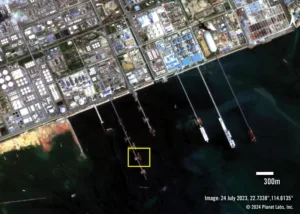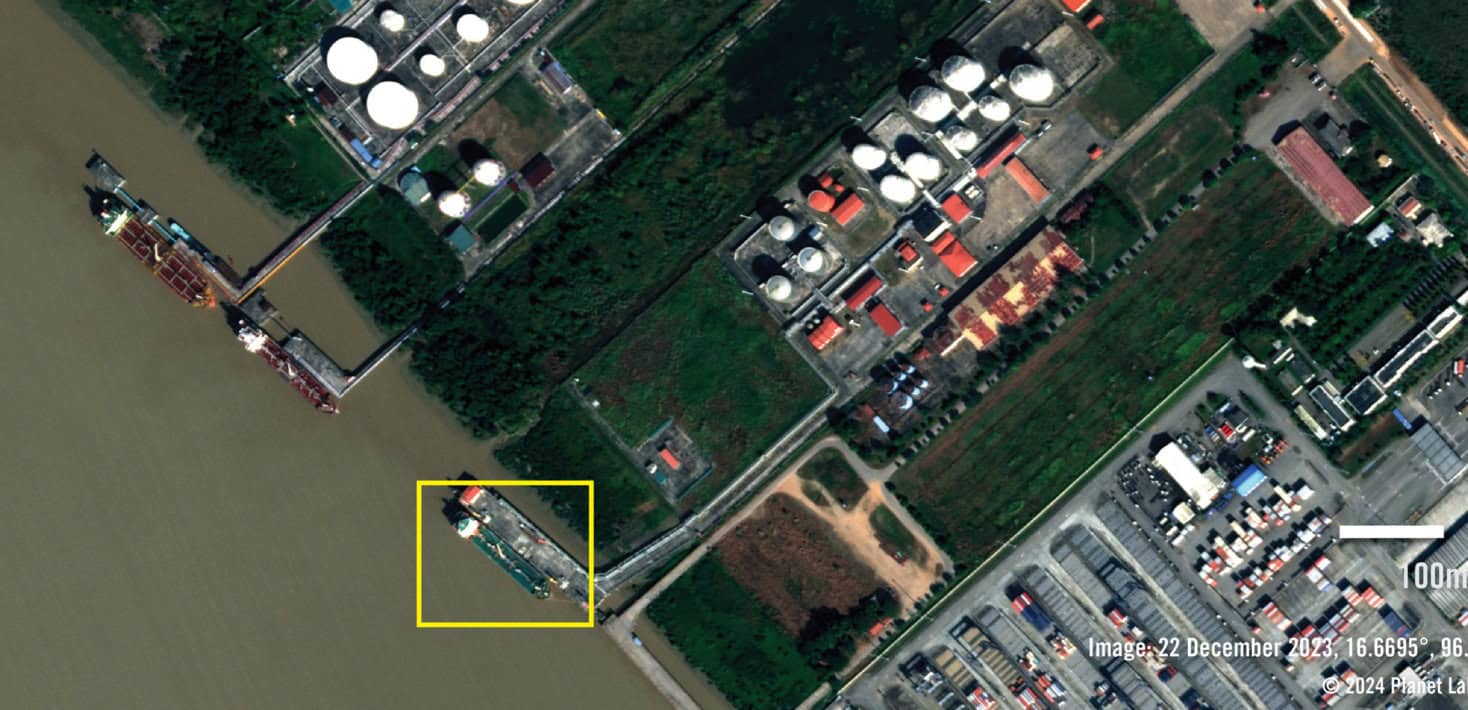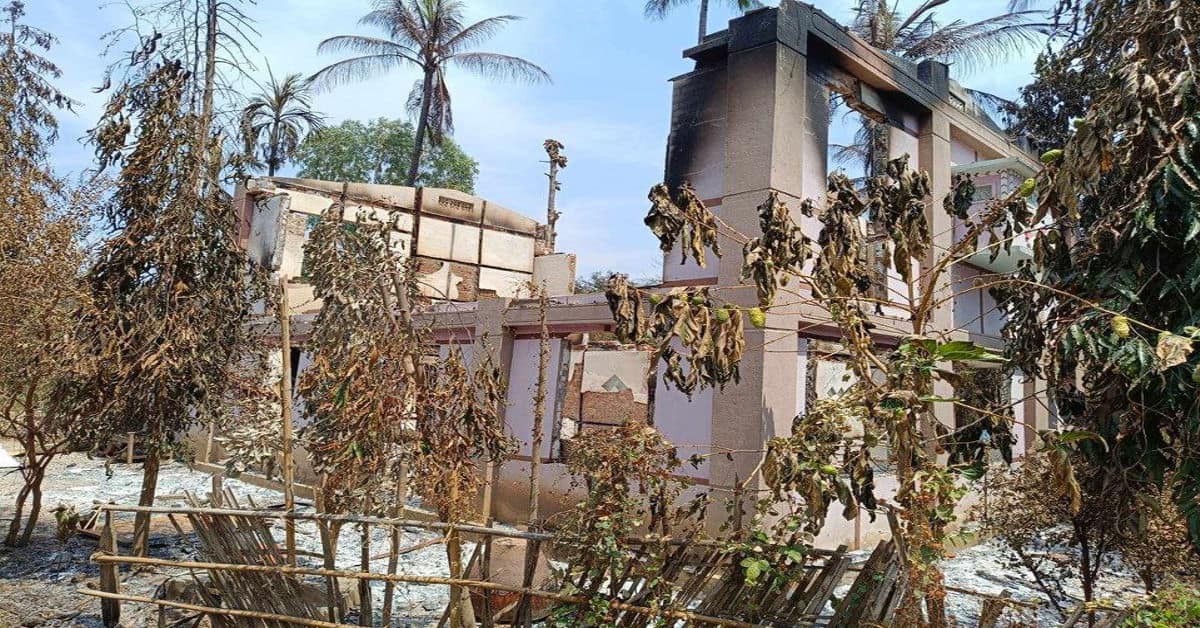Myanmar Military Import Fuel for Air Strikes
This is a detailed report highlighting how Myanmar’s military is using new tactics to import aviation fuel despite sanctions. The report suggests that the military is using multiple intermediaries and storage units to obscure the origin of the fuel. It also mentions that shipments of aviation fuel to Myanmar in 2023 had direct links to a storage unit in Vietnam. The report emphasizes the need for the international community to stop all jet fuel imports into Myanmar to prevent the military from carrying out lethal air strikes.

The tracking and customs data analysis has revealed a pattern in the jet fuel shipments to Myanmar. The process involves the original supplier selling the jet fuel to a trader, who then sells it to a Vietnamese company. This Vietnamese company receives the fuel at a storage terminal in Cai Mep, managed by Hai Linh, before selling it to Myanmar and transporting it by vessel.
Amnesty International has also identified specific shipments to Vietnam that were preceded by deliveries from recognizable locations. For example, one shipment in August originated from the China National Offshore Oil Corporation (CNOOC) terminal in Huizhou, China. Additionally, two other shipments in April and May onloaded the jet fuel at the Pengerang Independent Terminals in Malaysia before arriving in Vietnam and then being transported to Myanmar.

The Vietnamese customs data has revealed that BB Energy (Asia) Pte. Ltd., the Singapore branch of BB Energy, is among the prominent fuel traders involved in the transactions. BB Energy is described as one of the world’s leading independent energy trading companies, with offices around the world, including in London. At least three of the seven shipments that transited through Vietnam before arriving in Myanmar involved BB Energy (Asia).
It is unclear whether these trading companies were aware that the fuel they were selling to Vietnamese companies would eventually end up in Myanmar, or whether their actions could violate existing sanctions. These traders sold the fuel to a Vietnamese company, which then appears to have sold the jet fuel to a Myanmar purchaser. Customs data indicates that one of these companies is Hai Linh Ltd., the company that owns and operates the storage terminal at Cai Mep.
On January 31, 2024, Amnesty International reported that despite sanctions, Myanmar’s military continues to import aviation fuel for deadly air strikes, using new tactics to evade detection. The military has shifted its supply chain, relying on multiple intermediaries and storage units to obscure the origin of the fuel. Instead of direct sales, fuel is now bought and sold multiple times before reaching Myanmar, making it harder to trace. The fuel is often stored in Vietnam before being shipped to Myanmar, further complicating tracking efforts.
Amnesty’s analysis identified at least seven shipments of aviation fuel to Myanmar in 2023, totaling at least 67 kilotonnes. The fuel is offloaded at a terminal in Yangon, Myanmar, which has direct links to sanctioned companies and the Myanmar military. Companies involved in the supply chain, such as BB Energy, CNOOC, and Vopak, may be liable under sanctions regimes for their role.
The report highlights the need for companies to conduct human rights due diligence throughout their entire value chain and for states to ensure their ports are not used for activities linked to human rights violations. The year 2023 saw a significant increase in military air strikes in Myanmar, with numerous civilian casualties reported. Amnesty calls for an end to jet fuel imports into Myanmar to stop the military from carrying out further deadly air strikes.




